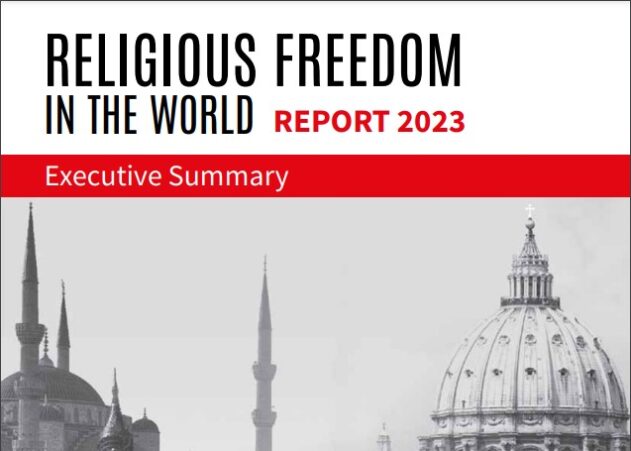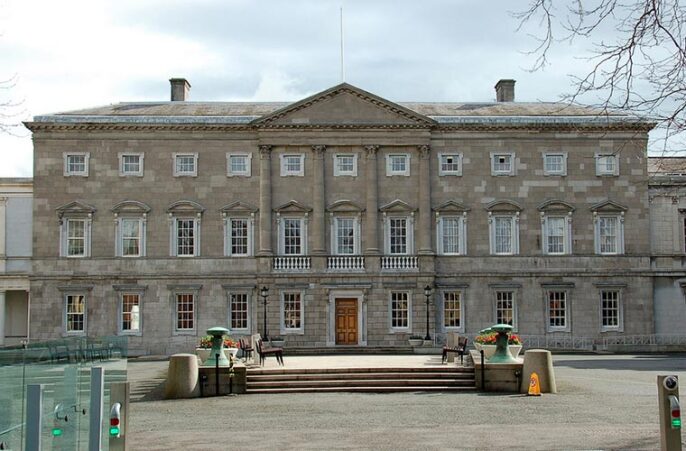Il nuovo piano sanitario regionale
Questo convegno dimostra, ove ce ne
fosse bisogno, ancora una volta la realtà che spesso diventa drammatica
nell’assistenza sanitaria. Il tempo a disposizione è breve e non consente una
disamina accurata dei problemi trattati. Però, avvalendomi dell’esperienza di
vita vissuta, nel senso che opero nell’ospedale di Atessa, mi sono reso conto
che l’obiettivo di ogni piano sanitario nazionale regionale, e questo è il
nostro caso, è quello di dare ad ogni cittadino uguale diritto alla salute in
ogni angolo della regione. Veramente uguale dalle zone di Chieti e Pescara ai
paesi dell’entroterra, senza materialmente dare di più a chi ha già qualcosa e
dare niente a chi qualcosa non ha. E allora vi chiedo: Qual è la realtà oggi?
Balza evidente agli occhi di tutti
quanto di assurdo e anacronistico c’è nella erogazione dei servizi e come di
fronte a questo stato di cose il piano sanitario regionale si appalesi
insoddisfacente e per certi aspetti incapace, comunque sfasato rispetto alla
realtà. Esso sconvolge di fatto l’assetto sanitario che ha fondamento storico e
sociale nei bisogni della collettività e basa un presunto risparmio di risorse
sulla falcidia dei posti letto ospedalieri delle nostre zone e addirittura
l’accorpamento di ospedali senza padrini politici.
Lungi da me ogni pregiudizio contro
l’assessore alla Sanità. Anzi, invoco su di lui l’indulgenza che si deve a chi
si cimenta con le migliori intenzioni in un mestiere a lui nuovo, quello del
programmatore, ma il piano sanitario così com’è è carente di strumenti di
conoscenza e di intervento. In altre parole, per sviluppare un piano sanitario
regionale non bastano le ricerche di tipo retrospettivo che sono
sostanzialmente povere di significato e prive di efficacia ma è necessario
prevedere un sistema integrato e coerente dove devono avere il necessario
rilievo anche elementi di altra indole: dall’assetto del territorio, alla
distribuzione degli insediamenti urbani, alle industrie, alla struttura
demografica, alla disponibilità di risorse finanziarie, alla mobilità della
popolazione e altre ancora. Il problema è di una certa complessità ma non è
dissimile da altri problemi gestionali complessi e passa per la costruzione di
un modello matematico con programmi di simulazione per adattamento dei dati
fittizi e provvisori a quelli reali, fino a raggiungere l’esercizio per fini di
gestione e sviluppo. Quando il modello ha raggiunto questa fase di elaborazione
e collaudo diventa lo strumento più potente e più nuovo di cui l’autorità
sanitaria possa disporre: permetterà di ottimizzare la distribuzione delle
risorse possibili, di prevedere la ripercussione sul sistema sanitario di
determinati fattori (flusso migratorio, costruzione di nuovi ospedali, apertura
di nuove strade, disponibilità di centri diagnostici, ecc.).
Questa che ho indicato naturalmente è
una strada difficile e lunga ma una strada obbligata e noi dobbiamo fin da oggi
muovere i primi passi malgrado il piano sanitario regionale. Dalla lettura di
quest’ultimo invece si evince che c’è un disinvestimento del sistema pubblico
per favorire il privato o il privato convenzionato, oltre ad una genericità e
superficialità sugli obiettivi e le risorse e una povertà di mezzi e di
tecnologie, con un tentativo neanche troppo nascosto di favorire gli ospedali
più grandi a scapito di quelli più piccoli.
Il primo scopo che doveva proporsi la
riforma era quello di ridurre il distacco e la incomunicabilità tra l’organismo
gestore dei servizi e l’utente, fra le preoccupazioni formalistiche
dell’apparato amministrativo e il contenuto profondamente umano di un bisogno
sanitario, invece la diseguaglianza tra i cittadini di zone diverse crescerà e
i grossi ospedali continueranno a fare il vuoto intorno a loro costringendo
alla sottoqualificazione, quando non all’asfissia, i presidi ospedalieri minori
agendo in termini concorrenziali e di centri di potere, scardinando ogni
corretto disegno di distribuzione territoriale soprattutto nelle zone di più
basso livello socio-economico della Regione. Ma noi siamo fedeli e gelosi della
nostra identità, senza coltivare l’orgoglio della solitudine. Ci auguriamo che
la ULS valorizzi e riconosca come ricchezze le strutture locali e che vengano
considerate al centro non secondo schemi contrappositivi o legati ad egoismi
geografici, ma come opportunità solidali e relazionali.
Con questo spirito mi piace comunicare a
voi signori sindaci e a tutto l’uditorio che nel 1993 l’Ospedale Civile di
Atessa ha avuto 8.000 ricoveri, 246.000 prestazioni esterne, 60.000 giornate di
degenza pur con i limiti imposti dalle contingenze politiche ed economiche, in
carenza di personale medico e infermieristico, con deficit di mezzi tecnologici
e povertà di sovvenzioni. Nonostante queste congiunture sfavorevoli l’ospedale
ha prodotto in questi anni prestazioni di buon livello quantitativo e qualitativo
e una utilizzazione dei posti letto sovrapponibile e in alcuni casi superiore a
quella degli ospedali limitrofi. Questa enorme mole di lavoro si deve
all’enorme patrimonio di esperienze di tutto il personale al quale va il mio
ringraziamento, alla fiducia del cittadino che speriamo di non tradire mai,
alla capacità di crescita di integrazione culturale, di lavoro
interdisciplinare di tutte le componenti sanitarie, amministrative e tecniche
dell’ospedale.
Certo, se il nostro è rimasto relegato
al ruolo di ospedale di zona si deve al fatto che è stato considerato sempre
“periferia” con tutto ciò che ne consegue sotto il profilo dei finanziamenti,
delle assegnazioni dei reparti, e dei fondi. Pensiamo quindi che un rilancio
atteso anche dalle popolazioni non possa prescindere da una modernizzazione di
attrezzature e metodiche che può aversi solo con l’autonomia gestionale,
economica e finanziaria. E mi avvio alla conclusione consapevole come tutti voi
che l’intervento sanitario ospedaliero non rappresenta che un momento di
attuazione di tutto il sistema di sicurezza sociale.
Siamo altresì certi che i bisogni
sanitari espressi dalla comunità trovano un punto di forza nell’ospedale. Ma
l’ospedale deve essere a misura d’uomo. Né piccolo, né grande, né policlinico,
né infermeria, né fusi, né concentrati, perché in questo caso in qualsiasi modo
verranno fatti diventeranno elemento di contrasto, di beghe di partiti o
raggruppamenti di partiti, saranno creature morte che non costituiranno niente.
Perciò, per concludere, vorrei dire all’Amministratore Straordinario che con
equilibrio e prudenza gestisce i tre nosocomi e soprattutto al Senatore
Staniscia, che ringrazio per la magnifica ospitalità, che la città di Atessa e
spero anche il circondario difficilmente accetteranno a proposito dell’ospedale
il consiglio per gli acquisti: paghi uno e ne prendi tre. Grazie.
Vittorio Giuseppe Bottone
Atessa. (Data incerta, probabilmente
1994).





